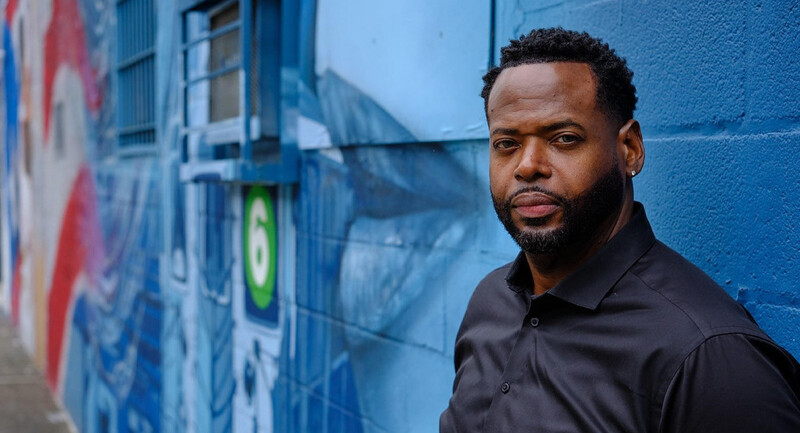School and district leaders are facing a host of challenges as schools reopen this year. They are not only managing complex health-and-safety protocols and reintegrating students and teachers into schools after months of disruption. They are also navigating bigger-picture strategic questions related to how the pandemic has challenged some of our basic assumptions about schooling and what needs to change in response.
A pair of recent Educational Leadership articles by authors who will also be presenting at ASCD’s upcoming virtual symposium on “The New Era of Education” explore some of these big-picture issues. Their ideas may be helpful to leaders in planning and decision-making as they work to adapt their schools to new and changing circumstances.
Becoming More Resilient and Better Prepared
In one article, MIT scholar Justin Reich argues that school leaders—along with elected officials and community stakeholders—should be taking steps now to make schools more resilient to future disruptions. In a world increasingly characterized by environmental change and climate-related emergencies, Reich says, the current pandemic likely won’t be the last time today’s students face extended interruptions to in-person schooling. In this context, schools need to become more flexible, more adaptive institutions.
Reich outlines several action steps to guide leaders in building more resilient schooling models:
- Prioritize universal broadband access and invest in school-community technology infrastructures. Reich notes that school leaders can’t undertake these changes on their own (and shouldn’t have to), but they can make policymakers aware of how vital technological access and improvements are to preventing the kind of digital-equity gaps many districts experienced last year.
- Invest in curriculum and instructional strategies that are “robust to interruption.” Reich specifically mentions the potential advantages of competency-based education and deeper learner (depth over breadth) as approaches that may give students and teachers greater flexibility and autonomy in the event of disruptions. In this sense, the pandemic could be seen as a catalyst in helping schools modernize instruction.
- Create more comprehensive social welfare programs for students and families. Again, this is a larger societal initiative that school leaders will need to undertake in partnership with government agencies and community groups, but as we learned this year, it is essential to providing equitable access to education and resources during times of disruption. Students can’t learn if they lack basic necessities and supports.
Reich acknowledges that, depending on circumstances, there may be additional areas where schools need to focus to better prepare their schools for the future. The important thing is for school leaders to begin thinking about “what kinds of changes need to be made to the institution of schooling so it can continue to offer a safe haven to young people in uncertain times.”
Being Adaptable to Change
Meanwhile, in a closely related piece, education-innovation expert Tom Vander Ark makes the case that the pandemic has added urgency and new dimensions to a number of shifts that were already reshaping education. It’s important for education leaders to recognize these undercurrents as they plan for this year and beyond.
Like Reich, Vander Ark emphasizes the increasing centrality of dependable device and internet access, as well as school investments in robust systemwide learning platforms. While the rapid transition to remote and hybrid learning last year had “mixed results,” he says, it led to important and in some cases long-needed “additions to the learning infrastructure” that schools can build on to upgrade their instructional models.
In this connection, Vander Ark also notes the growing appeal of nontraditional learning approaches that create opportunities for greater flexibility and personalization, such as project- and design-based learning, entrepreneurial experiences, micro-schools or -academies, and credentialed learning (a type of competency-based education). Such “sparks of innovation” can no longer be ignored by school and district leaders who want learning to be truly student-centered, he suggests.
At the same time, the pandemic has brought heightened attention to several issues that are not strictly academic, including social-emotional and whole child learning, student well-being, and equity. These issues, Vander Ark writes, are likely to continue broadening schools’ scope “beyond narrow conceptions of achievement” and pedagogy and play a greater role in policy reform and achievement-measurement efforts.
Finally, as school leaders navigate these changes, they will have to put greater focus on the process of onboarding educators who can adapt quickly to new instructional models and on advocating for policies that support needed advancements in learning.
Above all, Vander Ark writes, this is a “formative time to be an educator, and your voice matters.”
ASCD Symposium
Both Justin Reich and Tom Vander Ark will be presenting at our October 20 virtual symposium on “The New Era of Education,” designed to help leaders navigate change and support students and teachers after a year of disruption. See the full event program.








